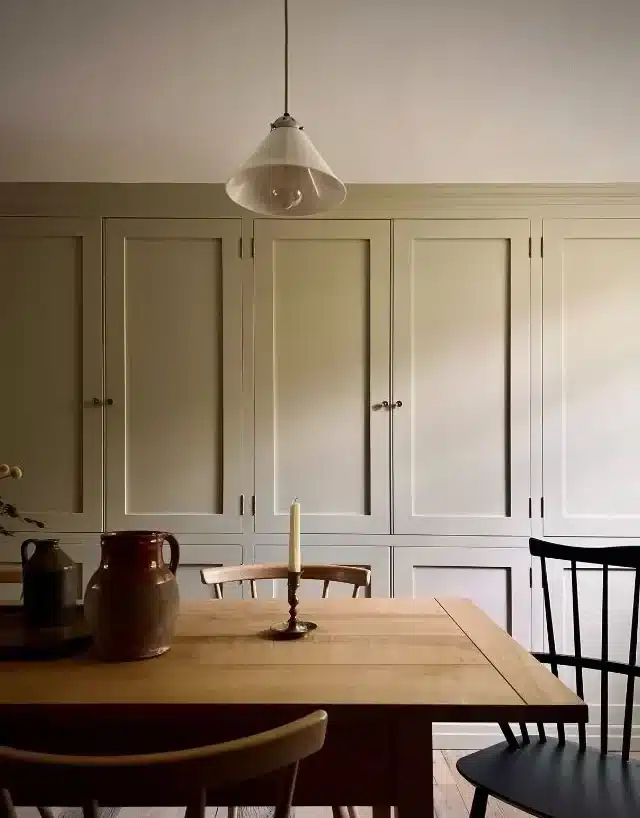Why We Always Start with Proper Preparation
There’s a reason some paint jobs last years while others start looking tired after a few months. It’s not always about the paint itself – more often than not, it comes down to what happens before the first brush touches the wall.
We’ve lost count of the number of times we’ve been called in to fix someone else’s rushed job. The story’s always the same: looked great for the first few weeks, then the cracks started showing. Paint peeling around the windows. Uneven patches where the plaster wasn’t quite right. That slight texture showing through that nobody mentioned would be there.
Here’s the thing about preparation – it’s not the glamorous part of the job. Sanding, filling, priming, masking off. It takes time and it’s painstaking work. But it’s the difference between a paint job that transforms a room and one that just covers it up for a while.
When we take on a project, we’re looking at the condition of every surface. Old paint that’s flaking needs stripping back properly. Cracks and holes need filling with the right materials, not just a quick skim that’ll shrink and reappear in a month. If the plaster’s damp, we need to know why before we seal it in. And sanding? That’s not optional. It’s how you get a finish that’s actually smooth, not just painted over bumpy.
The prep phase usually takes longer than people expect. We get it – you want to see colour on the walls. But rushing this part means compromise, and compromise means coming back to fix problems later. We’d rather spend an extra day getting the surfaces right than leave you with something that looks perfect for a fortnight and ordinary by Christmas.
Good preparation also means your paint goes further and looks better. Properly primed surfaces hold colour evenly. You’re not getting patchy coverage or needing four coats when two would do. The finish has depth to it rather than sitting on top like a film. And when it comes to cleaning or touching up down the line, paint that’s been applied to a well-prepped surface is far more forgiving.
We know it’s tempting to skip steps, especially if you’re watching costs. But in twenty-odd years of doing this work, we’ve never once regretted taking the time to prepare properly. We have regretted the occasions we’ve cut corners, though. Every single time.




